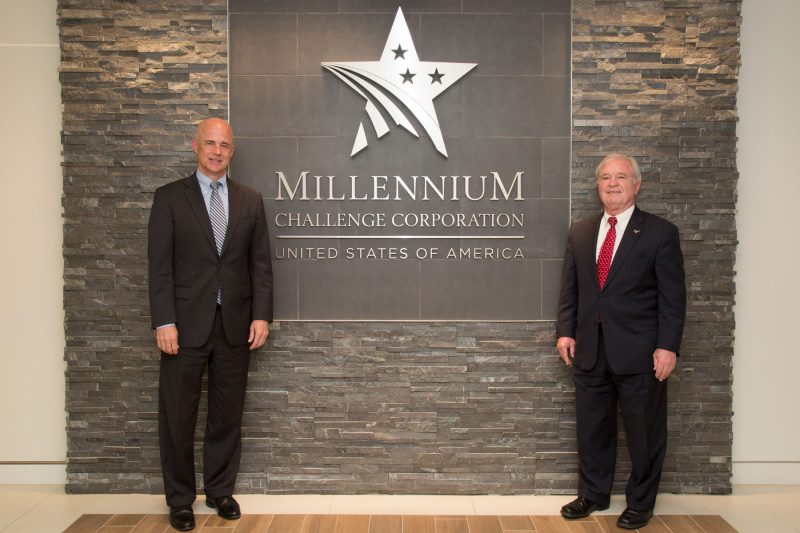Since its inception, MCC has sought to engage the private sector as a key part of its mission of “Reducing Poverty Through Economic Growth.” Now in its 14th year, the agency has a strong foundation of experience and best practices gleaned from working with the business community to build upon. Yet how to best draw on the past while innovating new approaches that accelerate, scale and routinize effective private sector engagement remains a work-in-progress.
With these pressing and important questions in mind, MCC’s Advisory Council held its fourth meeting today at MCC headquarters in Washington, D.C. The gathering brought together Council members with deep subject area expertise (e.g. agriculture, IT, finance, infrastructure), representing a variety of U.S. industries, to provide specific feedback on agency plans, as well as advice on how MCC can improve its engagement with the business community.

Yet in light of the global development community’s rapidly evolving and more accommodative attitude to working with the private sector, MCC will need to do more to remain a thought leader, at the cutting edge of development innovation and strategy. The fact is that the development community has moved in the direction of MCC over the past decade, in effect validating the agency’s pioneering approach and methods. MCC’s mission, “Reducing Poverty Through Economic Growth,” has become a broadly accepted goal in the development community. And while MCC’s record of engagement with the private sector still stands out, new openings call for the agency to chart a robust course of private sector engagement. Accordingly, MCC should:
- Promote the agency – its track record, methodologies and goals – within the US and compact country private sectors, and globally with other development partners;
- Accelerate and routinize early contact and engagement with the private sector in the formulation stages of compact agreements and;
- Increase and scale MCC’s impact through the creation of new engagement strategies with businesses including leveraging regional compacts.
This work could lead to new, scalable models of blended finance; the creation of a ‘technology lens’ through which to examine and design twenty-first-century development interventions; or new types of private sector partnerships that effectively involve the business community during the earliest stages of program design, helping to turn millions into billions, and billions into trillions of dollars of investment value in emerging markets. While these are just a few of the ideas being discussed by the MCC Advisory Council, we look forward to continuing our work with the MCC to help the agency write the next chapter of what already is turning out to be an exciting story.

Both serve as co-chairs of the MCC Advisory Council in their private capacity.
Learn more about MCC’s Advisory Council and the agency’s work with the private sector.
Note: The opinion expressed herein is that of the authors only, and should not be construed as an express or implied endorsement by MCC or the U.S. Government.

